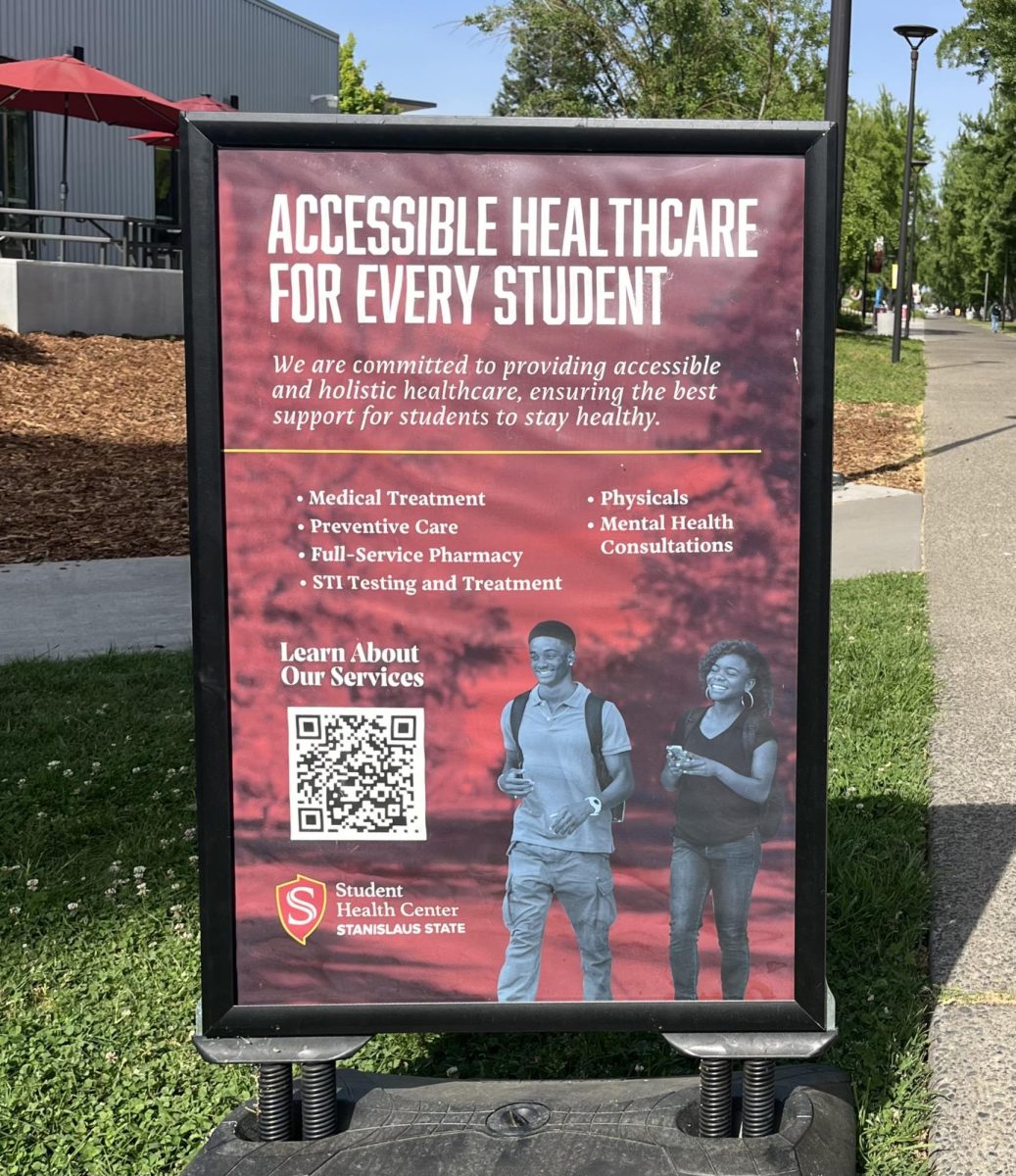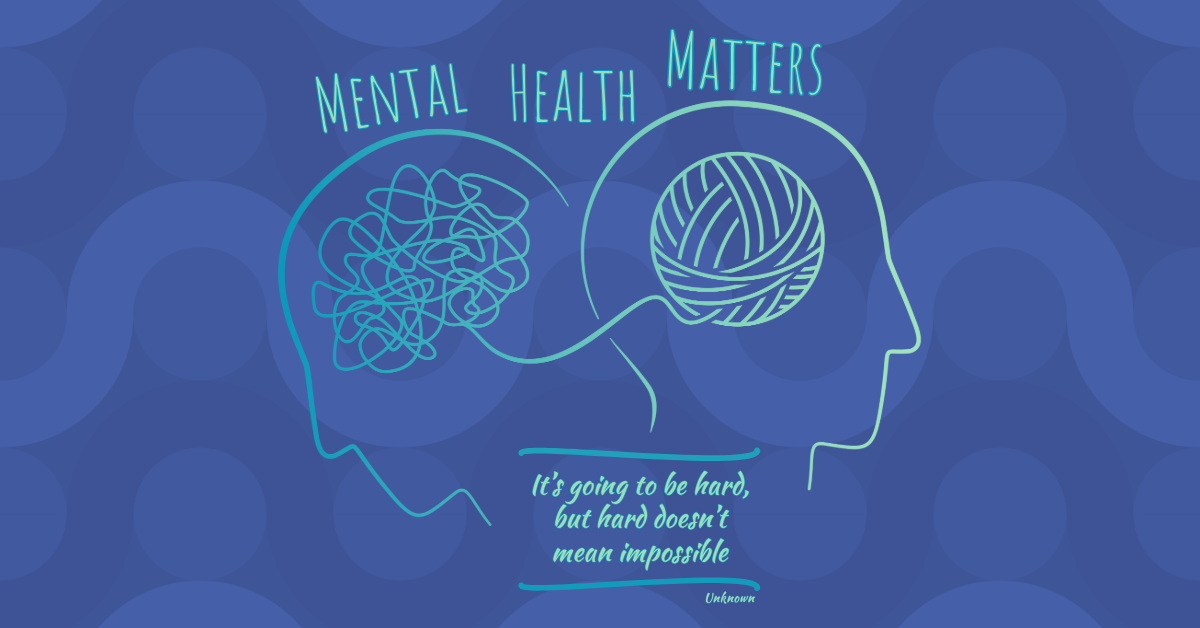With finals approaching, it’s important that we are making sure we get the best quality sleep possible. On November 13, CSU Stanislaus Health Education Coordinator, Megan Rowe, hosted a Zoom event regarding tips for better sleep. It offered information about the benefits and importance of sleep to our health, along with tips to help us fall into a sound sleep.
As college students, we pull all-nighters to study, spend endless hours on a computer screen, and often stress about our academics, as well as our personal lives. Leading us to often struggle in obtaining an adequate amount of sleep per night. In hopes of helping its students, Stanislaus State’s Health Education Department offers advice on effective methods on how to combat struggles when falling asleep as well as the importance of receiving the recommended hours of sleep.
Rowe points out the importance of recognizing that “[Sleep] is not a one size fits all approach.” The amount of sleep each person requires can vary based on the needs of each individual; some may be well off with six hours of sleep while others may require up to 10 or 11. The National Sleep Foundation recommends people between ages 18-25 to get anywhere from seven to nine hours of sleep per night.
Each person’s body requires a different amount of sleep. However, it provides the same benefits to all including a focused brain, mood boost, healthy heart, athletic achievements, steady blood sugar, strong immune system, and weight control. These benefits help us to accomplish our daily tasks and keep us full of energy.
One of the tips Rowe mentions is the importance of setting an internal clock, meaning going to bed and waking up at around the same time every day. Helping to create a metaphorical alarm clock in our brain that becomes adapted to our sleeping schedule.
Justice Brown (junior, Art) explains that setting an internal clock is essential to his quality of sleep. Brown comments that his body functions well throughout the day, “I don’t ever really feel tired throughout the day, even if it’s 10 o’clock or midnight my body is usually going to sleep the full 8 hours.” Weekends for Brown are no exception, he maintains a similar sleeping schedule stating, “Right now it’s usually around eight or nine that I get up, so I go to bed around midnight or so. On the weekends it’s the same.”
Jasmin Domingues (junior, Biological Science) explains that sleep is a priority similar to a homework assignment that is to be completed to receive the benefits. She explains, “I know I need to get certain hours of sleep. Otherwise, I won’t function throughout the day. I do notice that if I get less than what I usually get, I am not as productive as I intend to be.”
Part of a healthy sleeping schedule includes finding what works best for you. Rowe suggests that individuals control their exposure to light during night time, exercise to feel exhausted by night, improve their sleeping environment, and wind down for the evening with some relaxing activities like a warm shower. Rowe also reminds people to be smart about consuming or drinking caffeine, big night meals, alcohol, many liquids in the evening, and sugary foods before going to bed.
Brown’s sleeping environment includes some background noise to help him drift off. He explains, “If I were to try to sleep in silence, I think I would have a hard time sleeping. Like camping, for example, the first night or the second night is always my hardest night sleeping because I need some background noise.”
In contrast, Dominguez finds it difficult to fall asleep, especially in a noisy environment. She says, “I take a good half an hour to an hour to fall asleep so if my dog wakes up to use the restroom, I can hear his collar ring and I wake up. Taking me like an hour to fall asleep again.”
A common belief is that people do not have much control over their quality of sleep. However, most studies demonstrate quite the opposite. We have more control over our sleep quality than we may think. Brown feels that he has control through not just his internal clock but also his specific sleep arrangements saying, “I have a heater blanket which is nice in the winter. I sleep how I want. I never have issues with my pillows or the sounds going on. I have it set up how I like.”
Every person is different in their sleeping cycles as well as their sleeping arrangements. The most important thing to keep in mind is to learn what works for you.
Rowe concludes with a 4-7-8 deep breathing activity, an exercise that people can use to wind down for the night. This exercise teaches you to practice a breathing method of relaxation by breathing in for four seconds, holding your breath for seven seconds, and breathing out for eight seconds. The seconds of this activity may be too long for some individuals, in which case Rowe explains, “It doesn’t have to be anything too in-depth it can be something as simple as square breathing where you would essentially do the same thing but for four seconds.”
Sleep is vital for our bodies. If you make an effort to get to know your body and increase your sleep, you might be amazed by what seven or eight hours of sleep can do for you in your life. Find what works for you and make sleeping a priority.







